SPC solicits opinions on next five-year plan for judicial reform
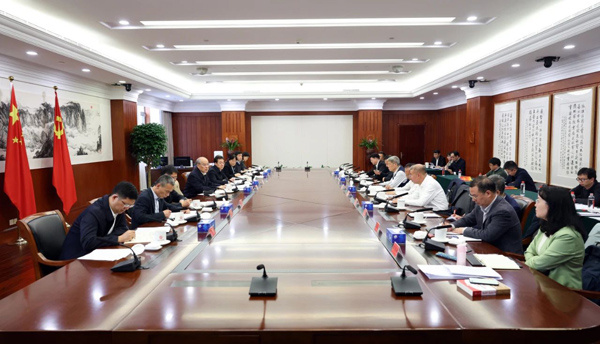
The Supreme People's Court (SPC) holds a symposium on Nov 15 to solicit opinions and suggestions on the drafting of the Sixth Five-Year Plan for Reform of the People's Courts (2024-28). Zhang Jun, president of the SPC, attended the symposium and delivered a speech. [Photo/court.gov.cn]
The Supreme People's Court (SPC) held a symposium on Nov 15 to solicit opinions and suggestions on the drafting of the Sixth Five-Year Plan for Reform of the People's Courts (2024-28). Former leaders of the SPC Advisory Committee, specially invited consultants and supervisors and legal experts were invited to share their expertise.
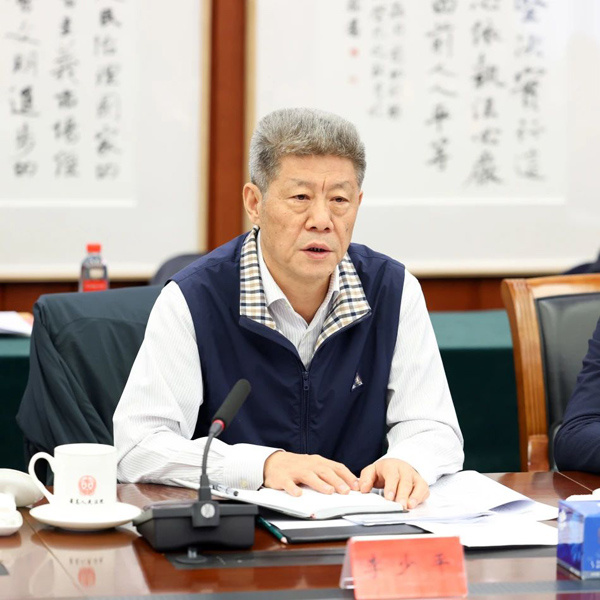
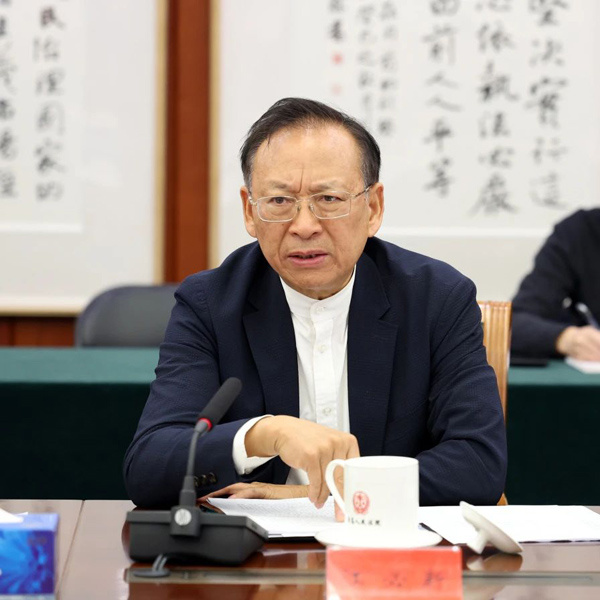
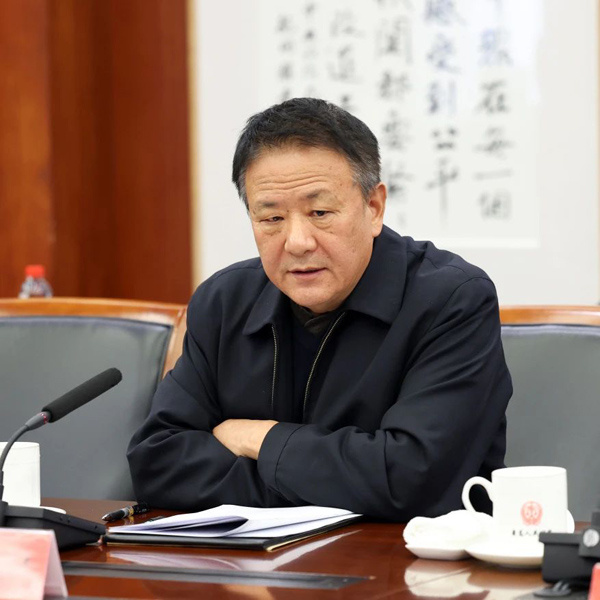
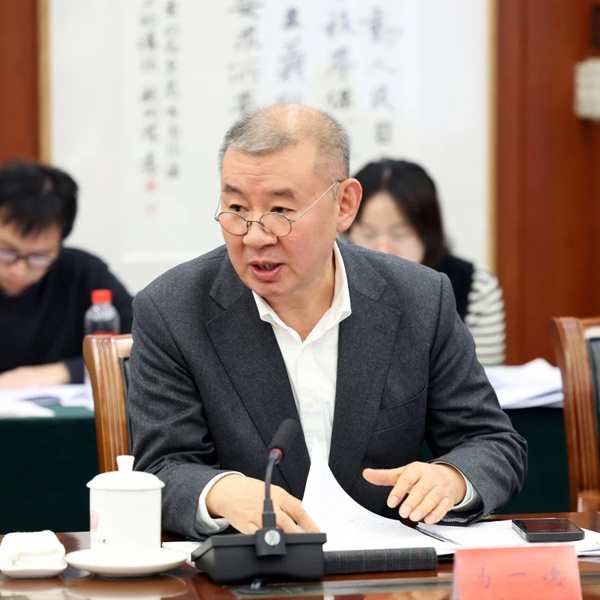
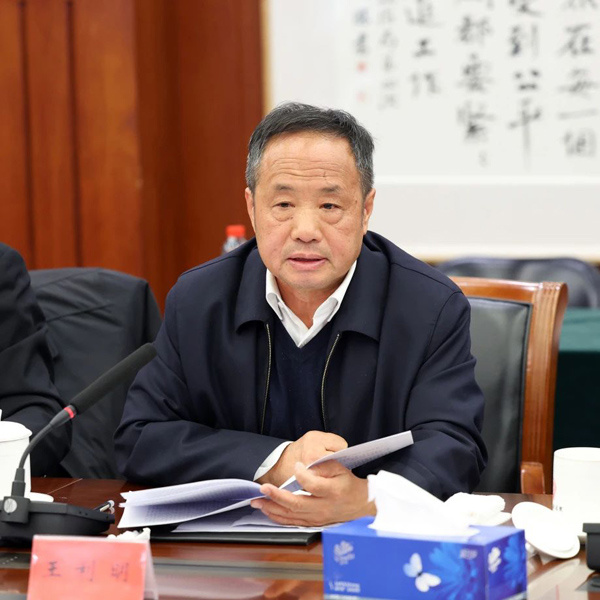
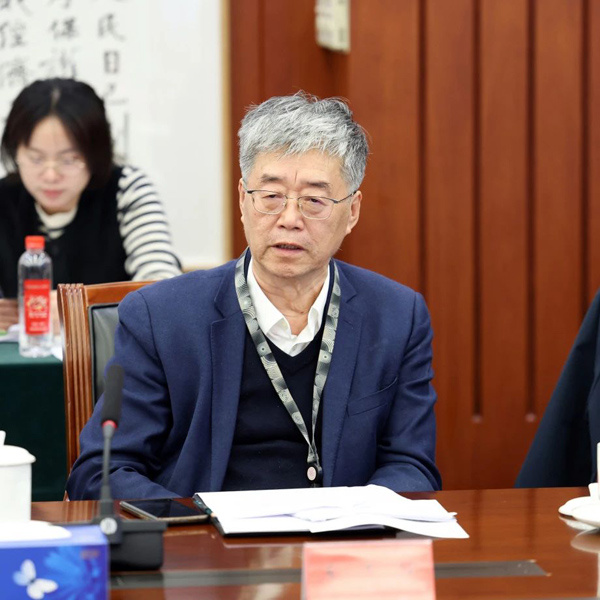
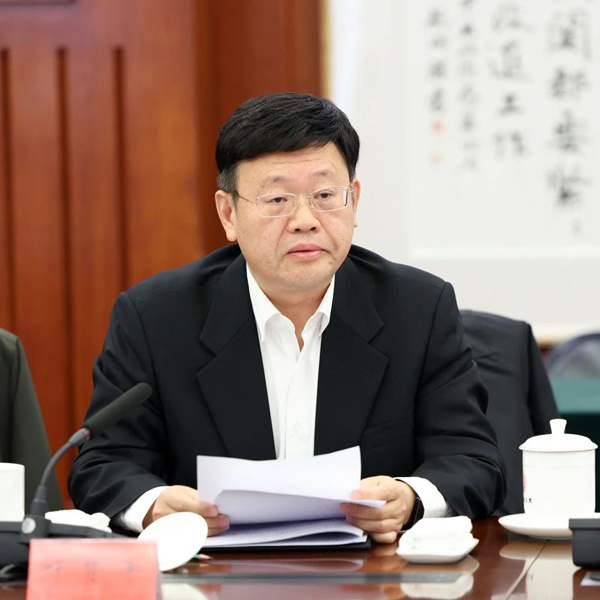
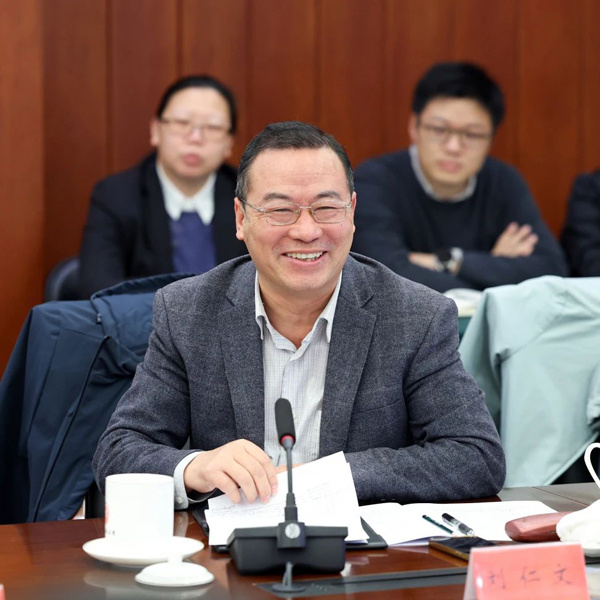
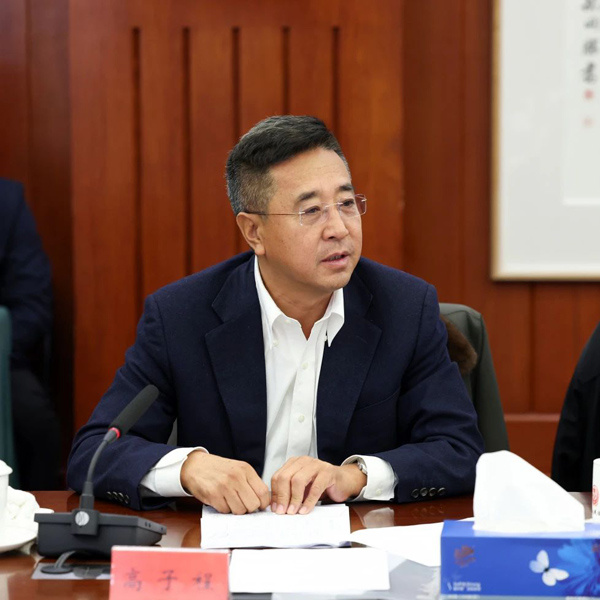
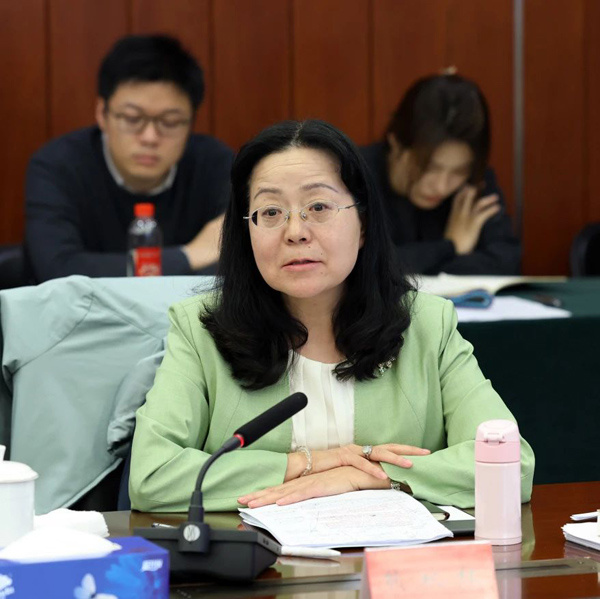
Former leaders of the Supreme People's Court's Advisory Committee, representatives of specially invited consultants and supervisors, and legal experts provide their opinions and suggestions for deepening the reform of the judicial system based on their practical experiences in judicial adjudication and legal research at the symposium. [Photo/court.gov.cn]
Participants provided suggestions for deepening reform of the judicial system based on their practical experiences in judicial adjudication and legal research, covering a wide range of topics from holistic planning to addressing the people's urgent and concrete needs.
Zhang Jun, president of the SPC, attended the symposium, expressing gratitude for the valuable insights provided by the participants. He said the opinions would be carefully studied and incorporated into the draft to ensure the full implementation of the guiding principles of the third plenary session of the 20th Communist Party of China Central Committee and specific reform plans.
"Reform is an ongoing process," Zhang emphasized, urging the correct political orientation for judicial reform.
He stressed the need to continuously deepen reform and innovation to meet the new tasks of and requirements for modernizing judicial work and serving Chinese modernization.
A problem-oriented approach is needed to identify and address prominent problems where people's courts fall behind or fail to meet the requirements of the CPC Central Committee, the people's justice needs, and the need of law-based safeguards for economic and social development, he said.
Zhang highlighted the importance of a deep understanding of the laws of justice, of the operation of judicial power, and of the development of judicial teams, emphasizing the need to further study effective judicial reform measures from both theoretical and practical perspectives.
He called for continued exploration, a systematic review of the implementation of various judicial reform tasks, strengthening policy coordination and persistent implementation to ensure progress.
In response to new situations and problems arising from reforms, continuous efforts should be made to refine supporting institutional mechanisms to actively and steadily advance the reforms in various aspects, and improve the quality and efficiency of judicial work, Zhang said.
The symposium was chaired by Deng Xiuming, executive vice-president of the SPC.









